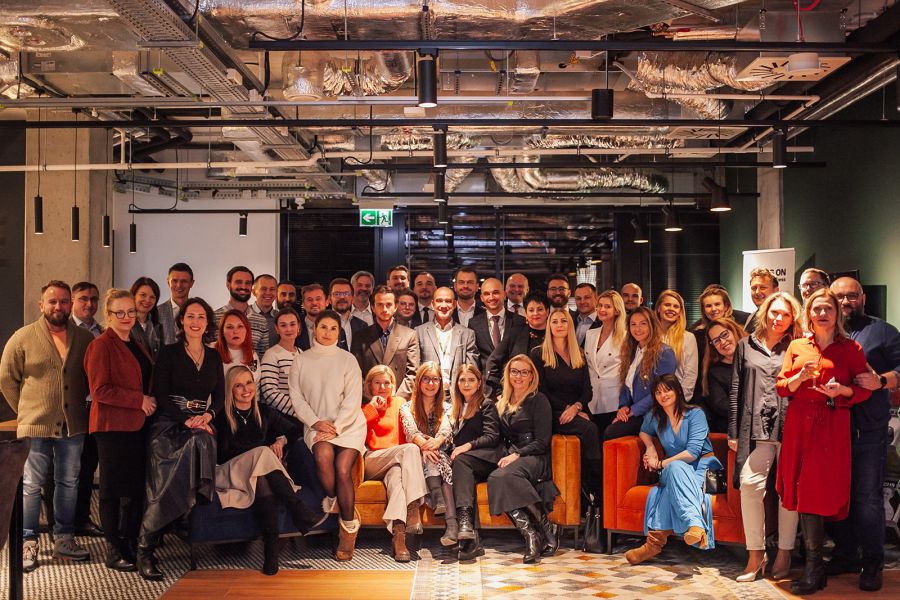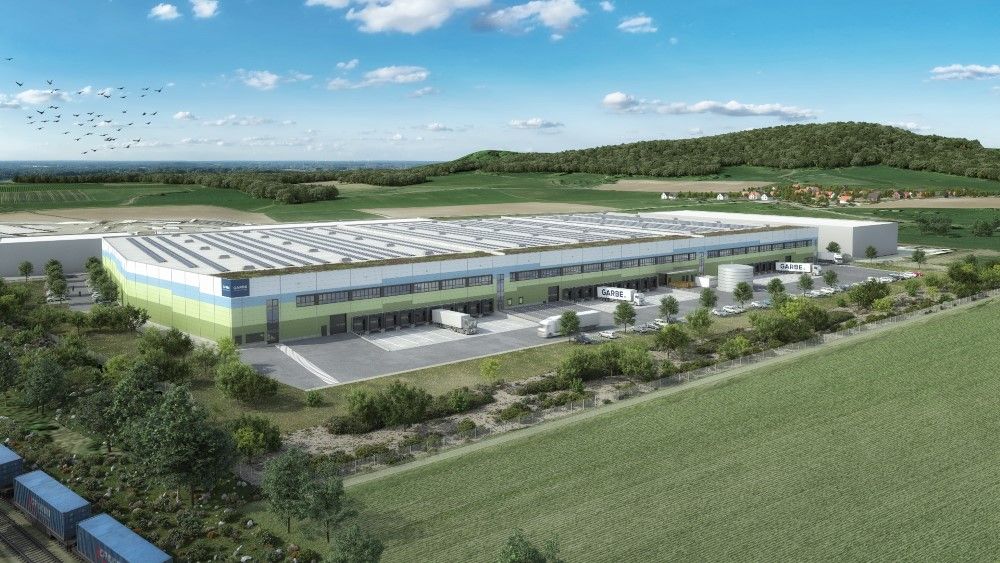Power of concentration: The Elbląg Furniture Cluster

In a conversation with Agnieszka Adamek, the President of the Elbląg Furniture Cluster, we discuss the challenges faced by the furniture industry and explore the daily collaboration among competing enterprises within the only furniture cluster in Poland.
FOCUS ON Business: What was the idea behind the establishment of the Elbląg Furniture Cluster? How has it developed over the last few years and who are the cluster’s members?
Agnieszka Adamek, Elbląg Furniture Cluster: In 2007, the founders of the Elbląg Furniture Cluster decided to find a way to promote the regional production of furniture and furniture components, and this association was a great instrument for promotion in Poland or internationally, as well as for obtaining EU funds. The cluster has become a na tionwide initiative, which mainly includes producers from Elbląg. It was created with the support of the municipal authorities and the Elbląg Chamber of Industry and Commerce.
It was the first successful initiative in the Elbląg subregion and one of the first initiatives in Warmia and Mazury region. The cluster's operations focus, among other things, on the aforementioned promotion of cluster members' products, and it pursues the goal of consolidating and bringing together companies from the furniture industry that have been competing with each other so far.
The cluster encompasses not only companies involved in the production of furniture or furniture components, but also companies providing services to this sector. Currently, the cluster incorporates 18 companies with a total of 3,000 employees. The total revenue of all members is approximately 750 million. During the 16 years of operation, we have managed to implement 12 EU projects together.
How does the Elbląg Furniture Cluster actively contribute to the growth and promotion of the furniture sector in and around the city? What role does it play in the broader economic and social development of the Elbląg region?
The main activities of the cluster include, above all, the establishment of procurement groups striving to reduce the operating costs of the companies belonging to the Association – electricity, vehicle insurance, group business insurance, purchase of exhibition space at trade fairs, etc. Through close cooperation with the academic sector and the local government, we have often been able to carry out joint marketing and training projects. With EU funds, our companies have been able to develop intensively over the years, for example thanks to purchasing modern machinery or building new production halls, thus thereby creating a large number of jobs for local residents.
What is the current potential of Elbląg in terms of human resources available to the furniture sector? What specific competencies are most sought after among the cluster's member companies? Are there any ongoing initiatives or training programs aimed at enhancing skills and competencies, aligning with the priorities of the companies associated with the cluster?
Unfortunately, the major problem that furniture entrepreneurs in our region are facing is the lack of employees, the lack of staff with adequate qualifications, as well as the low efficiency of the teams or the high turnover of employees. Currently, there is a lack of employees in the logistics, IT or furniture assemblers. In previous years, the cluster, with the support of EU funds, obtained funding for training of employees of the members of the association. At the moment, as the current EU financial perspective is very delayed, we are waiting for competition procedures, in which we will want to participate, in order to resume the human resources development of the cluster members.
What level of collaboration exists bet ween the cluster and the municipal authorities? Are there currently any joint projects or initiatives between the cluster and Elbląg City Hall aimed at fostering a business-friendly environment and supporting development?
We are currently working to enhance the cooperation between the Elbląg Furniture Cluster and the Elbląg Technology Park, which has always supported us. In 2024, we plan to intensify our efforts to join hands with the city authorities in order to focus on career orientation for young people and to gear them towards our sector as early as high school.
In the context of the prevailing trend of implementing Robotic Process Automation (RPA) and AI based automation, what are your observations regarding the process of introducing smart technologies into the industry’s operations?
At the beginning of 2023, the furniture sector has faced a global economic downturn that affected all industries. Companies are further impacted by rising raw material costs, supply chain issues and the ongoing energy crisis. RPA processes and AI based automation in the furniture industry will be implemented over several years; but again, this requires the support of EU funds. The furniture industry responds quite late to advanced solutions.
Thank you for the interview.
This article comes from magazine:
FOCUS ON Business #15 March-April (2/2024)
 Check the issue
Check the issue








